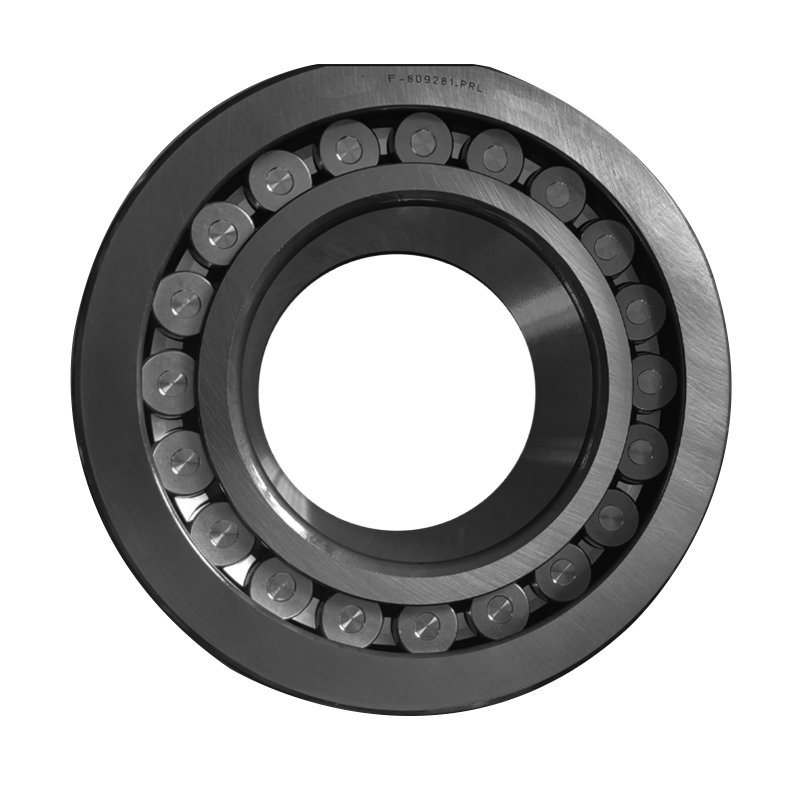Aug . 30, 2024 07:10 Back to list
High-Quality Greasing Motor Bearings | Reliable Manufacturers
Greasing Motor Bearings Insights from Leading Manufacturers
Motor bearings play a critical role in the performance and longevity of various machinery and equipment. Proper maintenance, particularly greasing, is essential to ensure that these bearings operate smoothly and efficiently. Manufacturers of motor bearings emphasize the importance of selecting the right grease and maintaining it at optimal levels to avoid premature failures and costly downtime.
The function of motor bearings is to support the rotating parts of the motor, allowing for smooth operation while minimizing friction. Over time, the lubricating grease within the bearings can degrade or become contaminated, leading to increased friction, heat generation, and ultimately bearing failure. Therefore, regular greasing is crucial.
Experts suggest that the choice of grease is just as important as the frequency of application. Manufacturers produce various types of greases, each tailored for specific operating conditions. Factors such as temperature, load, and speed dictate which grease is most suitable. For instance, extreme temperatures require high-temperature greases that can withstand heat without breaking down, while heavy-load applications might need special formulations that can absorb shock and reduce wear.
greasing motor bearings manufacturers

Moreover, proper application techniques are vital. Manufacturers recommend using a grease gun to apply the lubricant evenly and efficiently. Over-greasing and under-greasing can lead to problems. Over-greasing can cause excess pressure inside the bearing, leading to failure, while under-greasing can result in inadequate lubrication and increased friction. It's essential to follow the manufacturer's guidelines regarding the quantity and frequency of greasing to maintain optimal performance.
In addition to grease selection and application, monitoring the condition of the bearings is crucial. Many leading manufacturers advocate for the use of condition monitoring technologies. Vibration analysis, temperature monitoring, and acoustic emissions can provide real-time data on the health of motor bearings. This proactive approach allows for early detection of issues, enabling timely maintenance and replacement, thus minimizing downtime and enhancing operational efficiency.
Industry leaders emphasize that training for maintenance personnel is equally important. Understanding the specific requirements of different motor bearings and the implications of improper lubrication practices can significantly impact the overall efficiency of machinery.
In conclusion, the effective greasing of motor bearings is a vital aspect of maintenance that significantly influences machinery performance and longevity. By choosing the right grease, applying it correctly, and monitoring bearing health, manufacturers can ensure their motors operate at peak efficiency, ultimately leading to a more reliable and sustainable operation.
Latest news
-
25MM 2 BOLT UCFLX05-14 Flange bearing unit( oval)
NewsMar.07,2025
-
4 bolt UCF 200 series Pillow block bearings
NewsMar.07,2025
-
25MM 2 BOLT UCFLX05-14 Flange bearing unit( oval)
NewsMar.07,2025
-
UCF216-50 4-Bolt Flange Housing Square Bearing
NewsMar.07,2025
-
25MM 2 BOLT UCFLX05-14 Flange bearing unit( oval)
NewsMar.07,2025
-
spherical roller bearing material exporter
NewsMar.07,2025





